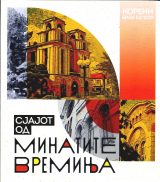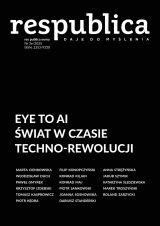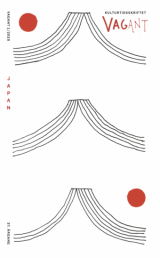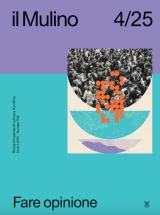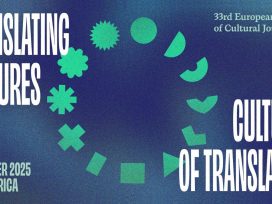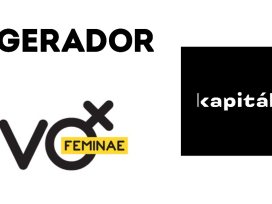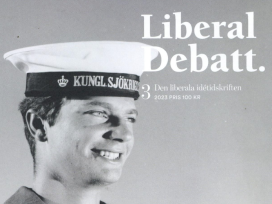Recent statements by the presidents of FIFA, UEFA and the IOC indicate that the resolve to exclude Russia from international sport is crumbling. The justifications for this change of heart are disingenuous. Russia consistently uses successful athletes to legitimize its full-scale war against Ukraine.
Articles
Geopolitical, technological and media warfare landscapes are changing at speed. Now that Europe needs to take up a clearer position, how should the block respond? When chaos and uncertainty are generated to wield power – from autonomous weapons systems and pre-emptive strikes to disinformation and propaganda – reflection on long-term reparations provides much needed respite.
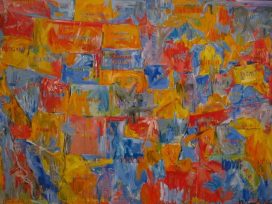
The untold risks of war
Interview with Mary Kaldor
Warring parties that benefit from violence and extortion – targeting civilians, looting, smuggling and abducting, pushing identity politics – are averse to resolution. How can diplomatic peace negotiations move beyond discussions about territory and improve the lives of war victims? And how can objective threats be identified in times of escalating conflict?
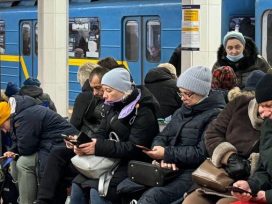
After four years on high-level alert, defence against invasion becomes a gruelling routine. But could the normalization of war in Ukraine be positive for long-term planning, the public good and the social contract? Literature and critical writing provide valuable perspectives.
Recommended topics
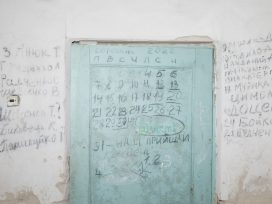
Russia’s full-scale invasion of Ukraine is entering its fifth year. With peace negotiations at a standstill, traumatized communities face a tough question: What does it mean to memorialize a war when its end is nowhere in sight? War crime survivors from Yahidne are actively engaging in how their mass confinement is remembered.

We live in a world where the borders between one language and another, between reality and non-reality, between the human and the non-human, are being denied. As a reminder of difference and an openness to encounter, translation can be an antidote to the nihilism of borderlessness. [Slovenian version added]

Online influencers are using religion to give misogyny a virtuous veneer. How can society support boys and young men, labelled as incels and bombarded with digital hate, seek answers to questions on life and trauma without resorting to male stereotypes?

“Come Together” is founded on the principles of partnership and peer-to-peer learning among individuals within community media organizations situated in six different countries. Instead of generating entirely new knowledge, the initiative aims to unearth and leverage the existing wisdom residing within these organizations to foster innovative approaches.
Eurozine review
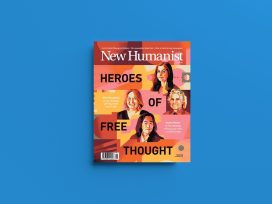
Religion, revolution and rewilding
New Humanist Spring 2026
The therapists helping people break from organized religion; how far-right Christian influencers are luring men into misogyny; the dignity and defiance of Belarusian women; rewilding and its perils.
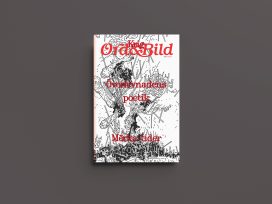
Literature in dark times
Ord & Bild 4/2025
War writing and the breakdown of the ability to narrate; defending democracy versus defending territory; Hollywood and 9/11; Charlotte Delbo’s theatre of survival.
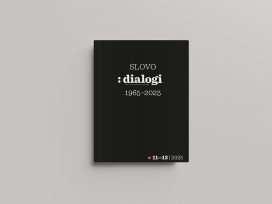
Farewell to Dialogi
Dialogi 11–12/2025
The journal Dialogi closed at the end of last year. Its editors reflect on the publication’s sixty-year history and why the challenges faced by a Slovenian magazine of culture and society proved insurmountable.
Focal points
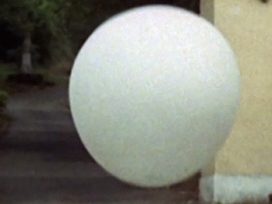
Cultural reflections on contemporary warfare: from sanctions, human rights abuses and peace negotiations to recruitment, rearmament, autonomous weapons and civil protection mechanisms.
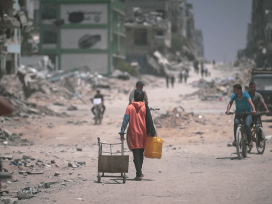
An ongoing series in Eurozine discussing questions raised by the 7 October attacks and their devastating aftermath. The series offers a sample of articles published in the wider Eurozine network and represent diverse perspectives, including above all those of Palestinians.

Post-revolutionary Ukrainian society displays a unique mix of hope, enthusiasm, social creativity, collective trauma of war, radicalism and disillusionment. With the Maidan becoming history, the focal point ‘Ukraine in European Dialogue’ explores the new challenges facing the young democracy, its place in Europe, and the lessons it might offer for the future of the European project.

Inspired by a lecture that Clifford Geertz delivered in 1995 at the Institute for Human Sciences in Vienna, this focal point engages with ‘deep diversity’, ‘a sense of dispersion, of particularity, of complexity and of uncenteredness’ rather than unified world order. It follows the launch of a research programme of the same name at the institute in January 2023.

